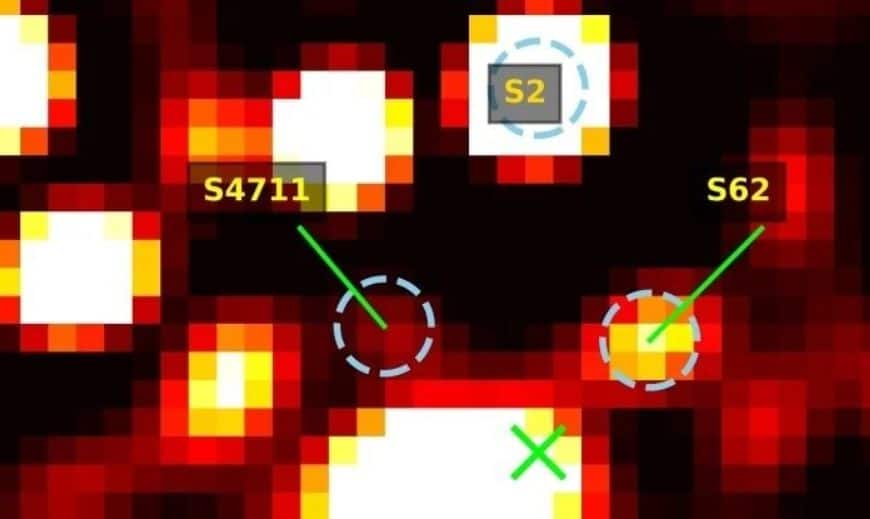It’s called S4714 and it orbits the supermassive black hole Sagittarius A * at 15,000 miles per second; that is, 8% of the speed of light. It’s not alone, it is the advantageous student of a series of stars that have been discovered very close to the black hole and that represent a golden opportunity to better understand everything that surrounds the enormous monster that inhabits the heart of our galaxy.
For years, S2, until recently considered the “closest star to Sgr A *”, has been believed to be the fastest. A few months ago, a team from the University of Cologne found an even closer star, S62. With an orbit of 9.9 years and a periapse of 2.4 billion kilometers, less than the average between Uranus and the Sun, it seemed a strong candidate to snatch the podium from S2.
After all, compared to S2 (at 3% of the speed of light), S62 reached 6.7%. However, S4714 has passed you on the right. And it does so, basically, because its orbit is extremely eccentric. Almost as much as is physically possible, in fact. That allows it to travel through the center of the Galaxy at heart-stopping speeds.
Dancing stars
In May of this year 2020, the Very Large Telescope (VLT) of the European Southern Observatory (ESO) managed to demonstrate that the stars orbiting Sgr A * move as predicted by the general theory of relativity: like a rose window and not as a stable ellipse. It is just a sample of how something as seemingly impractical as “star races” in the Milky Way can help us improve our understanding of the Universe. Something that, for more than 100 years almost always means only one thing: that Einstein was right.
